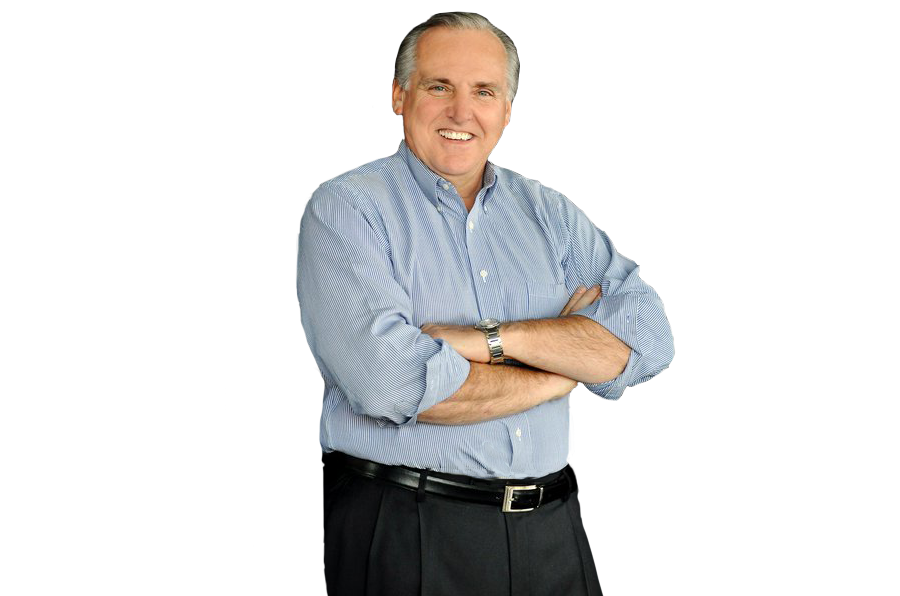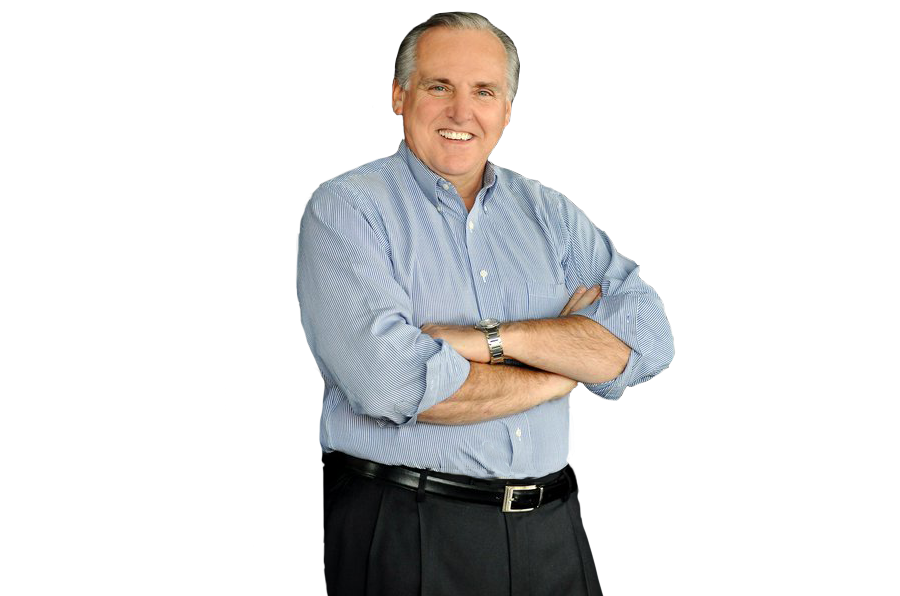While I don’t know of many owners that are excited about paying for insurance, in my years of experience working with dealerships, insurance is one area that most owners fail to evaluate properly each year based upon ownership changes or changes in increased or decreased levels of risk. While it might be tempting to evaluate insurance based upon the cost of the policy, it’s just as important to make sure that you have the right coverage and not just a policy that is the right price.
We had two different dealerships this year that unfortunately had major claims on their insurance policies. One had the right coverage, the other did not, and the difference in how it impacted their dealerships was stark.
So, where do you start? Get a copy of your insurance policies and read them instead of depending on your insurance agent to tell you what is in them. Make sure that as you go through the policies that the dealership name is correct, the address is correct, and the coverage is what you were told by your insurance agent it would be. If there is any one thing wrong with the name, the location or coverage, and you need to file a claim, the insurance company is going to use the policy, not what the agent told you, as the basis for how they will settle your claim.
Evaluate the deductible. Most owners look at a high deductible to reduce the cost of the policy. If you are a struggling new dealer with tight cash flow you might be better off with a lower deductible. While the premium will be higher, it will reduce the potential out of pocket expenses that you may not be able to afford if the claim happens during your slow, low cash flow part of the season.
If you are an established dealer with good cash flow and reserves, then taking on more of the risk with a high deductible might make sense. There is not a one-size-fits-all solution when it comes to your insurance deductible. Make sure what you have is something that you could live with if a claim had to be made on your policy at the worst possible time for your cash flow.
Finally, I encourage dealers to over-estimate what level of coverage they should have, not under-estimate it. We had a specific situation with a dealership where one of their drivers rear-ended a car, one of the passengers was killed, and the other seriously injured. When it came time for the lawsuit, the dealer found that they did not have nearly enough coverage to deal with the claim that the survivor and their family was asking for. It took several years to settle and for those years, the dealership, the owners and the employee were in limbo. It is my experience that it is better to be over-insured than under-insured.
While insurance may not be an exciting part of running your dealership, having the correct insurance to minimize the risk that you take will help you sleep at night and ensure that if you do have a claim at some point in the future, your dealership and your employees will be able to continue on.






